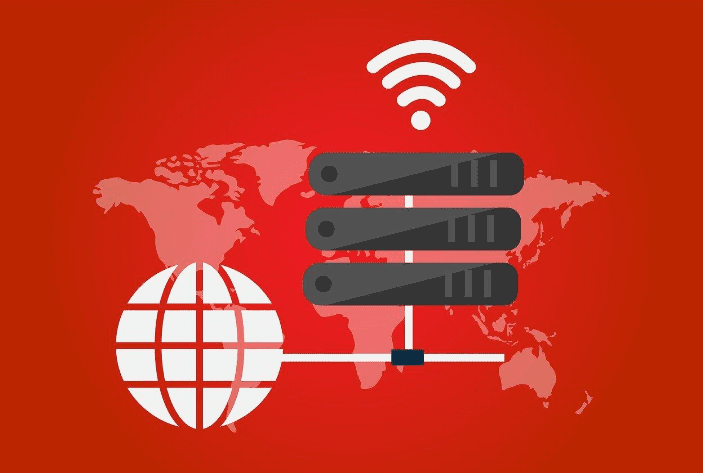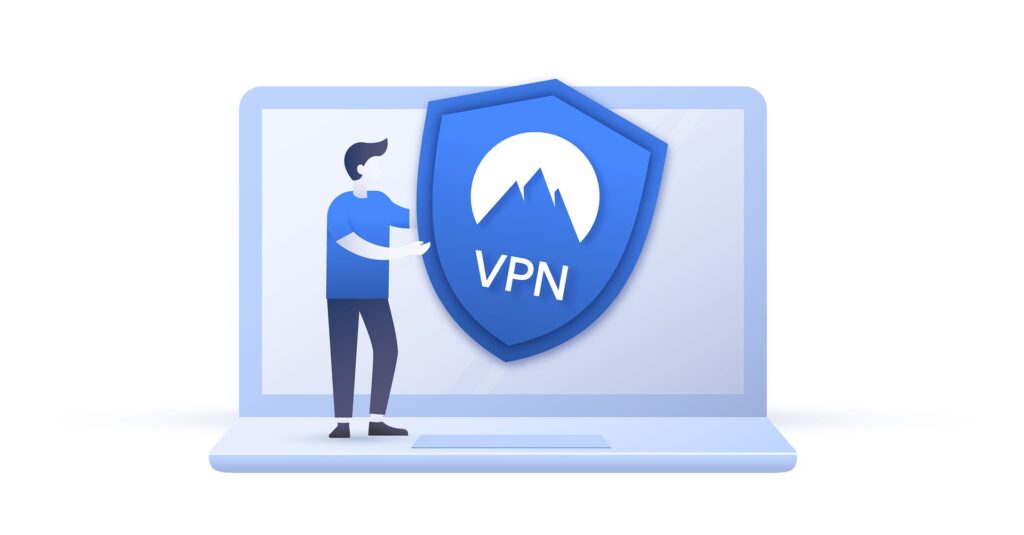In today’s world, various risks can harm anyone using the internet. Users must ensure they are safe while online, which is why many people now use residential proxies. With a residential proxy, you can hide your accurate Internet Protocol address (IP) by masking it with one belonging to another user, like your friend across the world.
This article will thoroughly analyze residential proxies, covering various details, functionality, benefits, drawbacks, and applications. Discover how residential proxies can assist you in remaining ahead of the competition and distinguishing from the pack.
What Are Residential Proxies Exactly?
Residential proxies are intermediary IP addresses taken from the desktop, laptop, and occasionally Internet of Things (IoT) real users’ devices, such as smart Televisions. Also, smartphones meet the criteria, but only when connected to WiFi. IPs on mobile data are offered as a paid add-on.
The ideal proxy provides a multitude of benefits and ensures your safety. The residential proxy has gained considerable traction among company owners in recent years. But, before investing in one, you need to examine the benefits and cons to determine if it is the best option.
The Pros of Residential Proxies
-
Total Privacy When Online
As residential proxies are only given by approved ISPs and not generated in bulk by central locations, they have a more natural appearance. Thus, NetNut Pro residential proxies make it extremely difficult to discover when a person is connected via a proxy server. As a result, using these provides full coverage as you surf the web in perfect stealth. You can visit websites, research, plan, and work while avoiding leaving a digital trail. This is extremely useful for maintaining several accounts on social networking networks, executing advertising campaigns, and for businesses that must collect data.
-
Protection and consistency
Residential proxies have a very high level of security that is almost impossible for hackers to get through. Furthermore, since it originates from a legal ISP, they also seem much more legitimate, rendering them challenging to detect and isolate. As a result, they are difficult to block or blacklist. A minor security breach can expose sensitive information, harming a company’s reputation, trust, finances, etc.
With its impenetrable protection, a reliable residential proxy enables you to safeguard all of your company’s sensitive information. Some companies will even encrypt the data, so there’s not even the slightest possibility that the information cannot be accessed by anyone else if there’s a security breach.
-
Abundant locations
Residential proxies are spread out over the globe because users from different nations have submitted their IP addresses, although certain regions have a higher proportion than others.
-
Access to geo-restricted content
Annoying geo-blocking, which hinders users from freely accessing content that is legitimately accessible outside of their zone, is becoming increasingly prevalent with each passing day. Using a residential proxy, you can access material from anywhere globally by logging in from an IP address in a different country.
This gives you a considerably greater choice of options for your job, study, and interaction with international clientele, as well as the ability to download or legally watch information from other nations.
-
Broader Pools of Proxies
Proxy servers from reputable companies will access a massive pool of IP addresses.
The Cons of Residential Proxies
- Proxy servers sometimes store data in their cache, which can be used to get personally identifiable information like passwords and banking info. This data shouldn’t be compromised if the user uses a reliable proxy server. Criminals can set up proxy servers, which has the potential to have the same negative impacts as not utilizing proxies.
- Your IP address is the only thing that gets changed by the proxy server. Users cannot encrypt their traffic as they can with an Anti-detect browser or a virtual private network (VPN). Yet encryption solutions inevitably come at a higher cost and bring additional complexity.
- The proxy server and client applications can be configured to work together. However, the remedy is to find a different proxy.
- Residential proxies are a little more costly than other types because they are not bulk generated but come from a reliable source. But, it is well worth the cost because it provides exceptional features such as highly high-end security, guaranteed data security, absolute anonymity on the internet, and access to a more extensive selection of regional IPs than a shared or centralized proxy server. But it’s essential to remember that this is a long-term investment of your money.
Conclusion
If you need to perform any automated task on a website that takes security very seriously, a residential proxy is your best bet. Residential proxies are required to avoid having your account blocked and your IP address blacklisted on any website, including social media platforms, search engines, or sneaker websites.
Before choosing a residential proxy service, you should be sure to perform sufficient research, ask any questions that come to mind, and familiarize yourself with evaluations provided by previous customers.






































